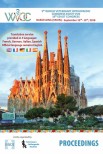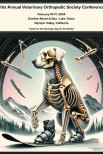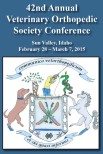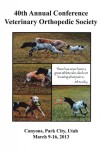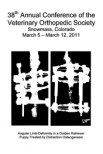Objective
To determine changes in drill bit performance attributable to application of a triaxially resilient, hard-carbon thin film.
Study Design
In vitro mechanical study.
Methods
Five matched pairs of control bits and bits with a carbon nanofilm applied were tested in equine cortical bone and a synthetic bone substrate. Thirty sequential holes were drilled with each bit. Drilling time was recorded for all holes. Maximum substrate temperature was measured with infrared thermography for holes 1, 15, and 30. Drilling time, prolongation of drilling time over successive uses, and maximum substrate temperature were compared between control and test bits in each substrate.
Results
Drilling time was significantly reduced with test bits in both substrates. Drilling time over successive osteotomies increased more slowly with test bits than with control bits. Test bits generated significantly lower substrate temperatures during drilling.
Conclusions
Bits with the carbon nanofilm completed osteotomy faster and generated less heat than control bits. Test bits also had less degradation of drilling performance with repeated use.
Influence of a Resilient, Hard-Carbon Thin Film on Drilling Efficiency and Thermogenesis
Date
November 2011
Journal
Veterinary Surgery
Volume
40
Number
7
Pages
875-880


